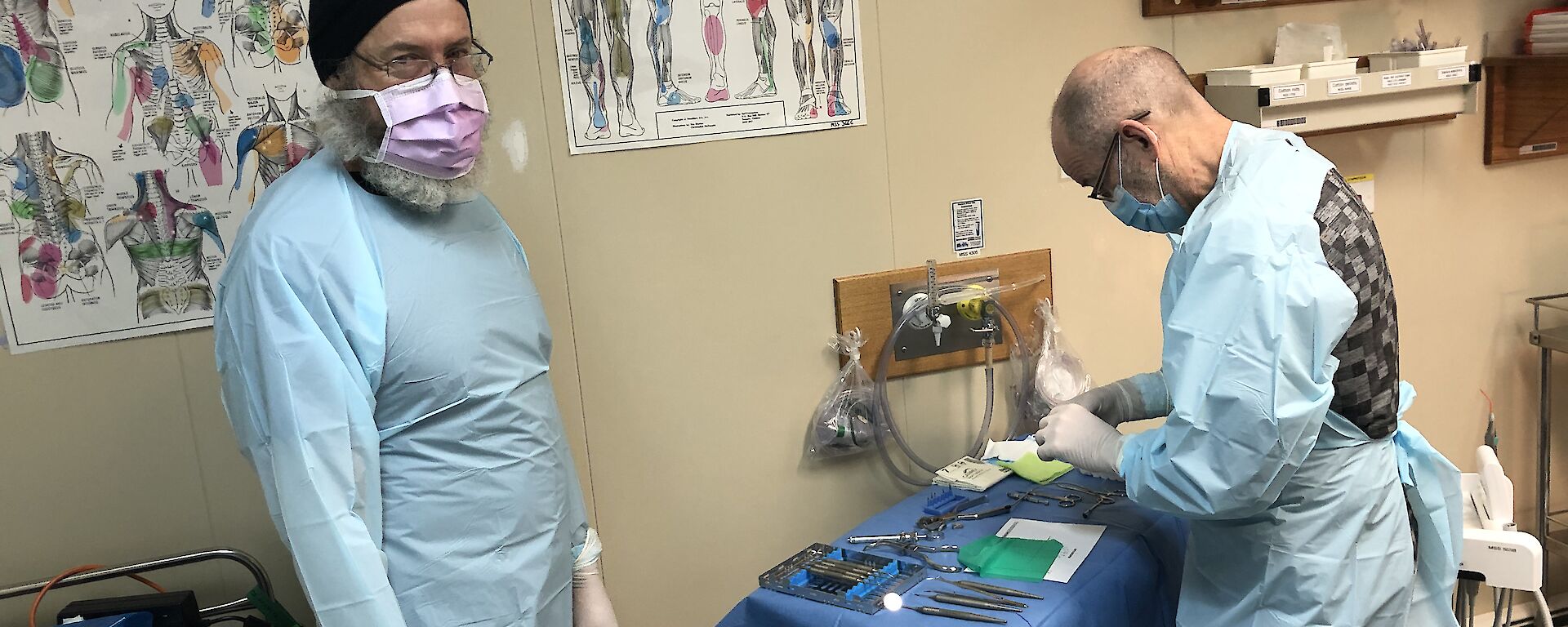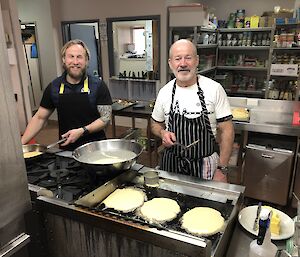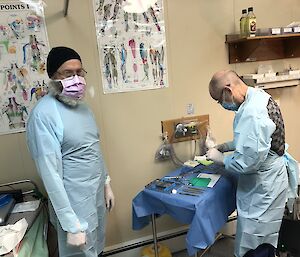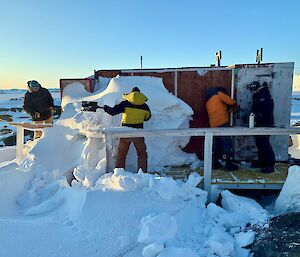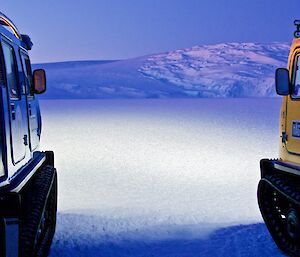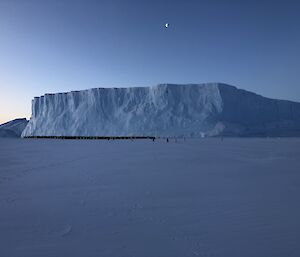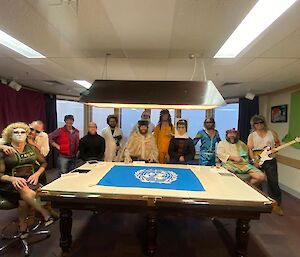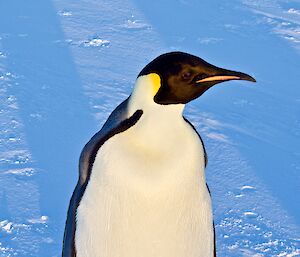This Icy News is being written for expeditioners as well as family and friends back home. As the doctor at Mawson station I have endeavoured to keep up to date with the COVID-19 pandemic. The following information and advice has been written by me, based on the reading I have done related to SARS-CoV-2 and COVID-19 and forms the basis on which I would advise people in the course of my practice of medicine down here in Antarctica. With minor modifications the advice would also relate to people back home in Australia. The timing is because I strongly believe that there are strategies that can be put in place over the ensuing months to help us safely go back to the new COVID-19 world.
Although delayed, we will all (except those staying for another season) be travelling back to our homes, scattered throughout Australia, early in 2021. It will be over 12 months since the group that came down on V3 first heard of the Coronavirus and slowly realised that this wasn’t just a derogatory term for the affliction suffered by those that drank their beer from a bottle with a sliver of lemon. We got an inkling of the seriousness of the novel virus when we had to stay some extra days aboard the good old Aurora Australis for quarantine reasons, off the Sorsdal glacier, before being allowed to go ashore in limited fashion, to pick up personnel at Davis. While on station most of us have read the news from Australia and the rest of the world as the pandemic has erupted. As the death toll has risen, we have remained SARS-CoV-2 free, in possibly some of the most isolated communities on earth – ironically the communities with least restrictions on social mingling and the least need to use PPE. (SARS-CoV-2 is the proper name of the virus that causes COVID-19 – the clinical illness).
Our splendid isolation will come to an end however and we will need to reintegrate into a vastly different Australia than the one we left. How best should we do this? How best do we protect ourselves and limit our chances of getting COVID-19, and in particular a severe case with a real risk of death. Additionally, how do we reunite and reintegrate with our partners, families and friends and the broader communities that we each live in? How best do we care for ourselves and our loved ones-both physically and mentally, recognizing that possibly more than ever before for returning Antarctic adventurers, we are not the only ones to have gone through a unique life experience. Ours is not the only story to be told. Life at home has changed, and those that have felt the change from the beginning will know more than us and we will need to learn from them, and most importantly, listen to and care for them.
What is our status as far as risk of contracting the SARS-CoV-2 virus and getting severely ill? Firstly, one of the positive factors that arise from our AAD employment is that our medical selection and screening lowers our risk. We are not known to have a range of health conditions that predispose to severe COVID-19 infection.
What about the negatives? Despite efforts to increase the number of women coming down south, the overwelming majority of expeditioners, (especially in winter teams), are male. Being male is a risk factor for COVID-19.
For those of us in older age groups we need to remain aware that the risk of developing severe COVID-19 infection increases with age.
Research has shown that spending significant time in Antarctica may lead to a suppressed immune system. This does come back fairly quickly, so be aware that if we are required to quarantine on arrival back in Australia, this will ultimately be to our benefit, allowing time for our immune systems to get back up to speed.
There are a few papers that postulate that Vit D deficiency is a risk factor however this is not certain. It’s enough to make me continue taking my Vit D supplements as suggested.
Being overweight or obese is a definite risk factor for severe COVID-19. Overweight is defined as a BMI >25 and obesity a BMI>30. The BMI cut off for coming south is 35. The problem is that great chefs are employed by AAD, given large supplies of tasty foods, the result is that BMIs tend to creep higher while on station.
So… what to do during the remainder of time on station? In a nutshell: keep your weight under control and if necessary lose weight using a combination of diet and exercise. Whether overweight or not, improve your physical fitness. There are a few papers that postulate that better overall cardiovascular and respiratory fitness may decrease the risk of severe illness and death. This makes logical sense as improved heart and lung fitness leave more reserve to cope with the onslaught of the virus. In addition, exercise decreases overall body pro-inflammatory factors and an inflammatory storm is what occurs in COVID-19. Exercise also helps with sleep quality and quantity as well as being a very good, yet underused, antidepressant and mood elevator. There are 6–8 months left down here to loose weight and get fit - use that time wisely.
A current flu vaccination will be strongly advised for all winterers as soon as the shots arrive on station. This prevents getting the usual flu, which you definitely don’t want on top of COVID-19. It is also likely that the flu vaccination has a positive kickstarting effect on the immune system overall.
Lastly, but most importantly, keep your loved ones and family up to date with what is happening about our return and, very importantly, listen to what they have to say about the experiences thay have been going through. Be mindful that it has been a difficult, vastly different year at home. Please remember – it is not all about us.
Oh, also, wash and sanitise your hands frequently and cover your face in crowded situations. Wear a mask according the advice current when we get home.

